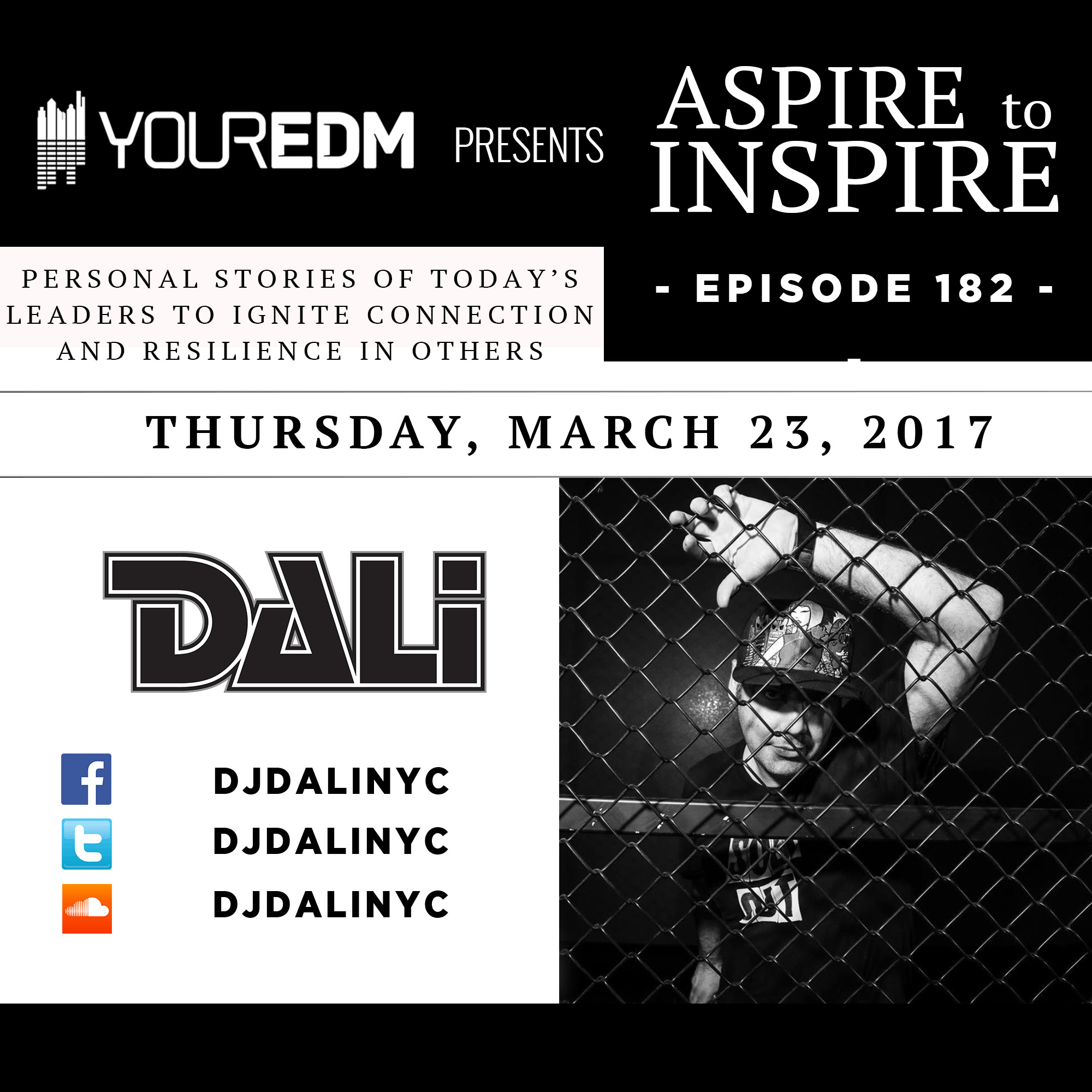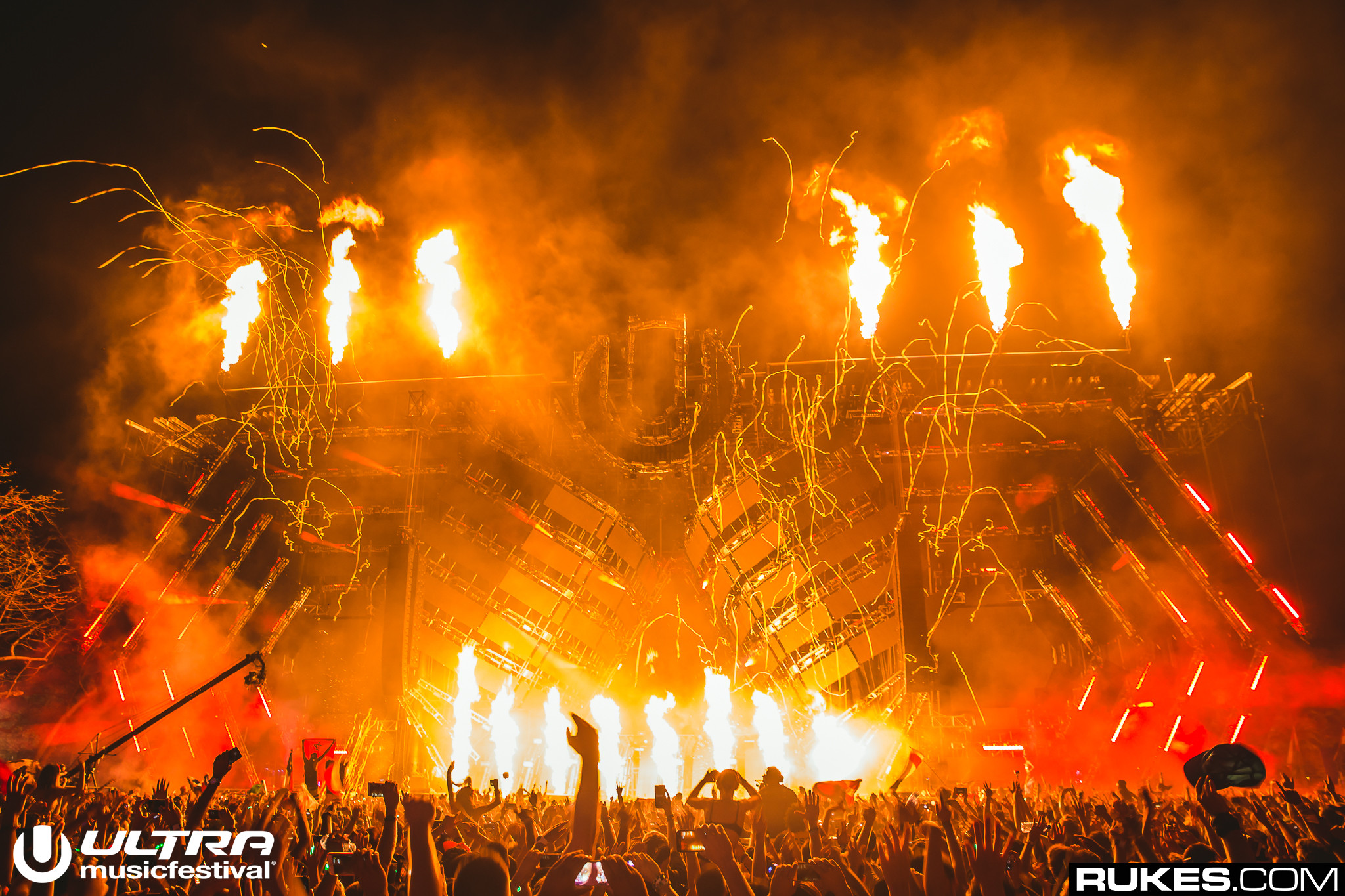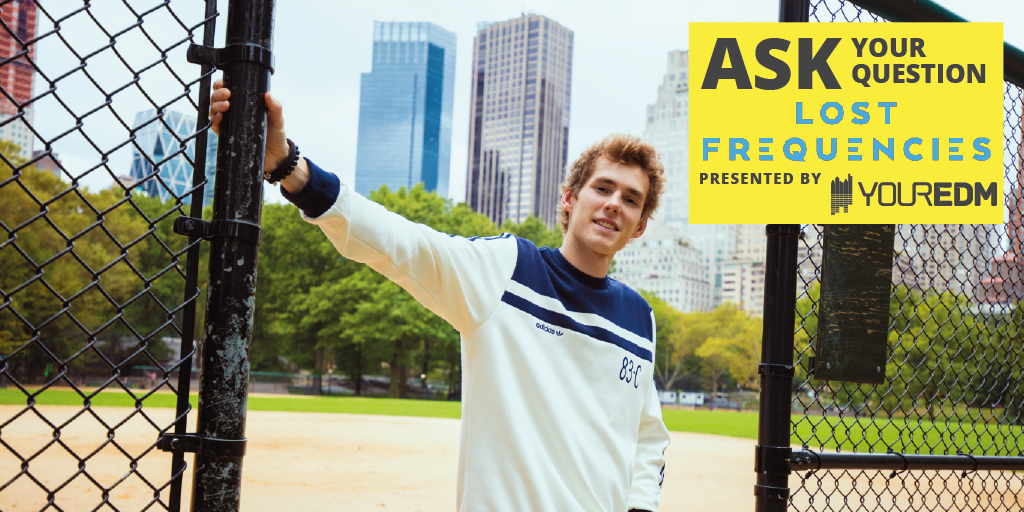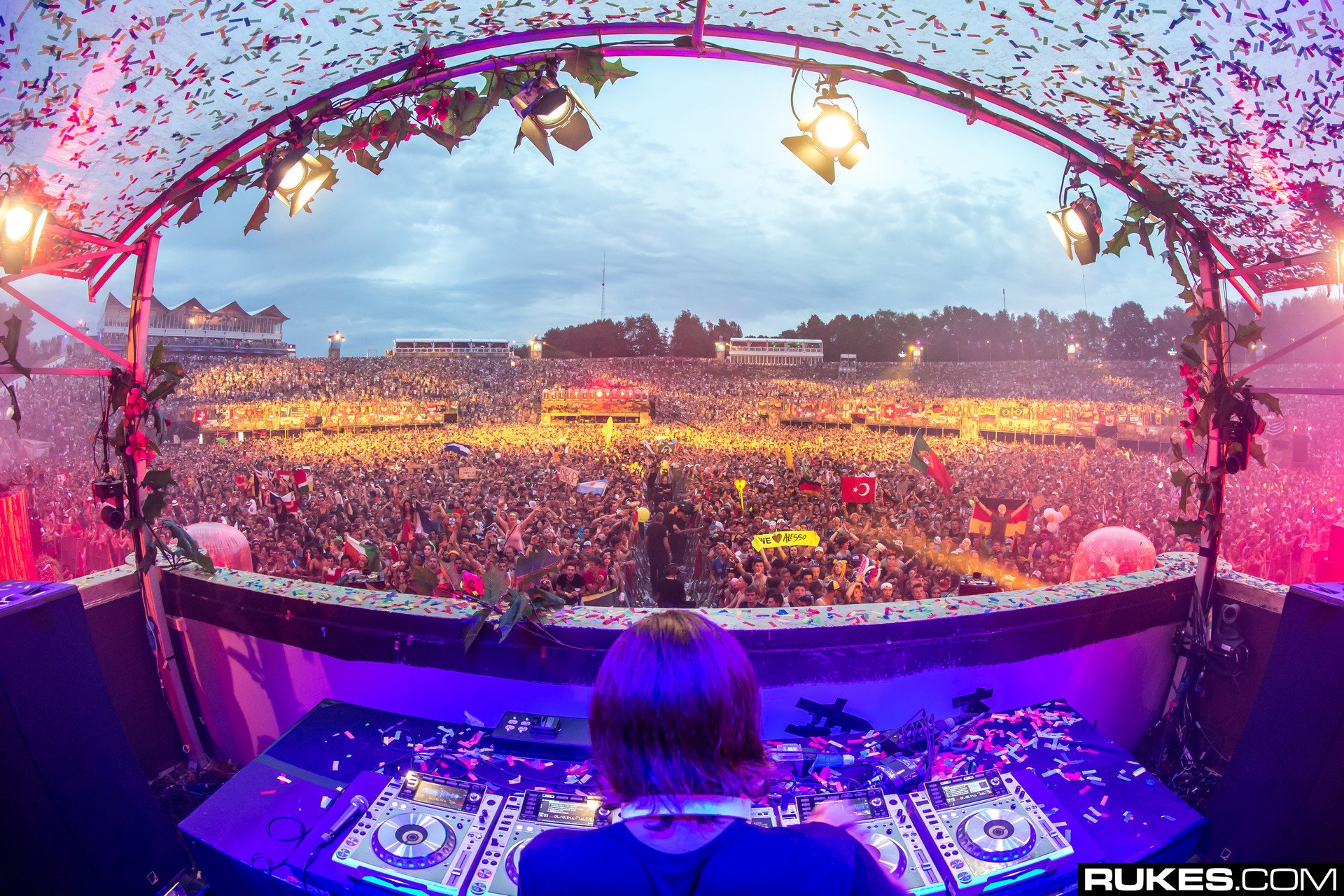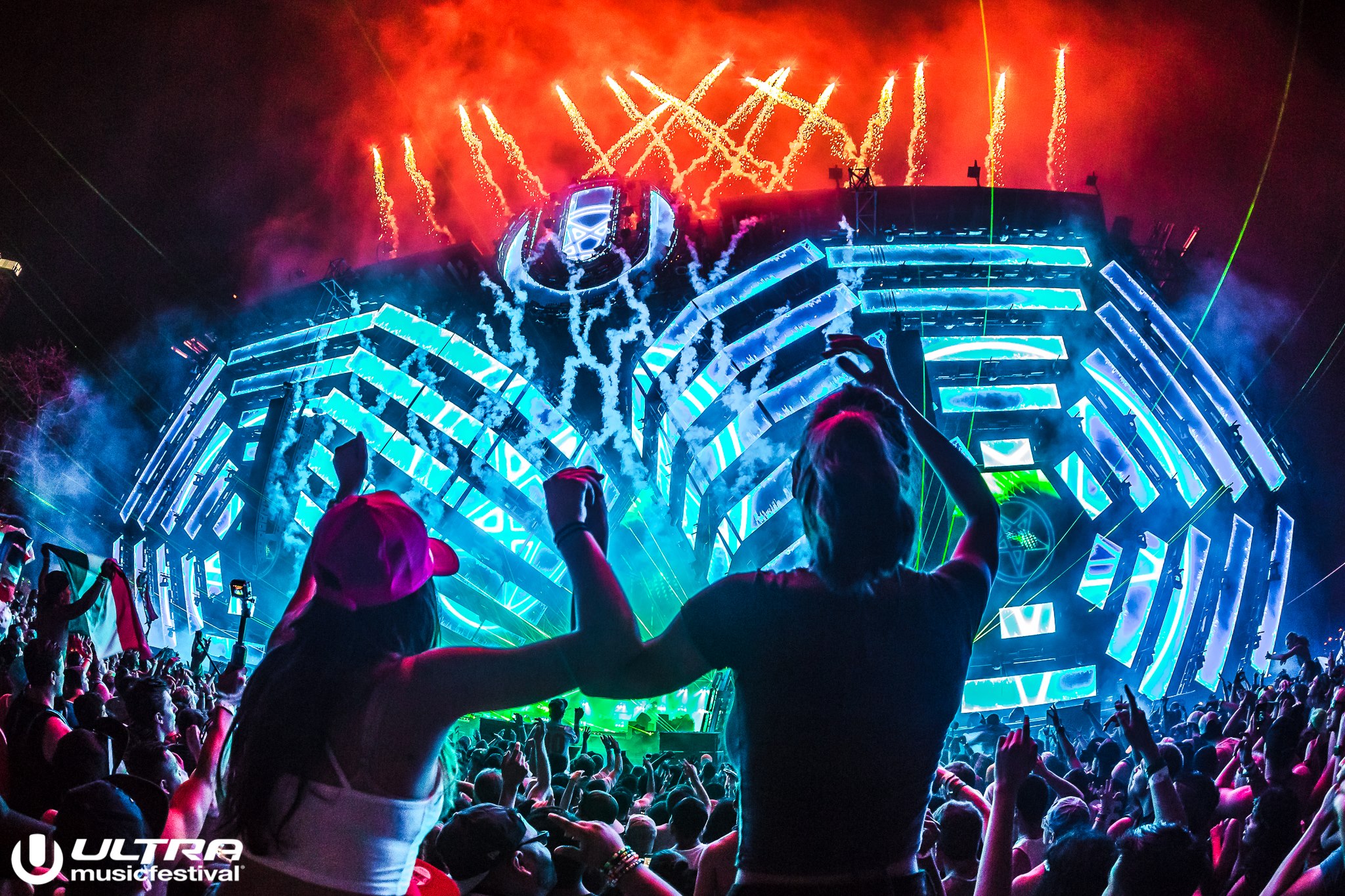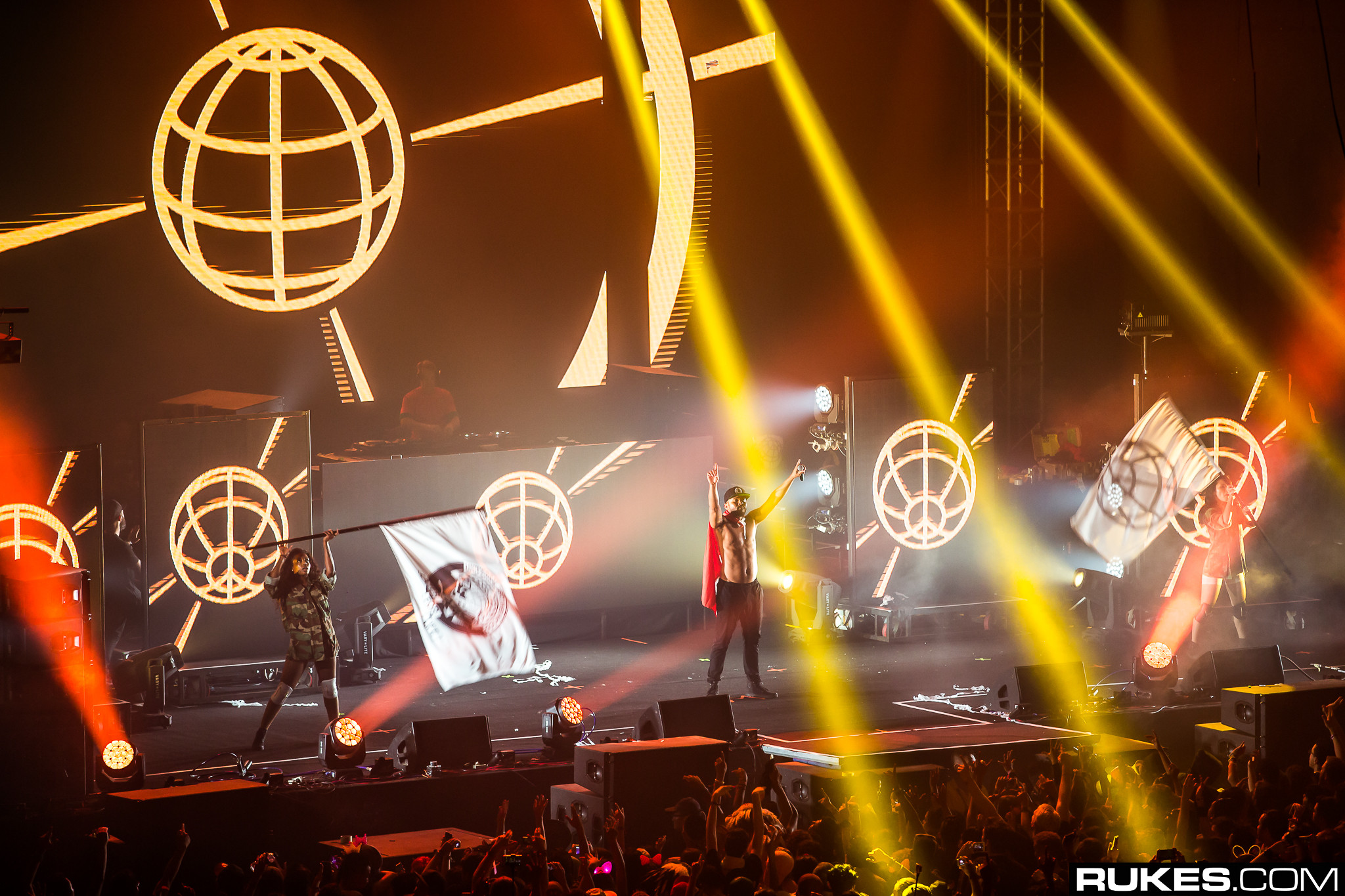(Original Photo By: Bryan Kwon of Daily Eyes)
“It took me a long time to admit to myself that this world is not easy to be in. I didn’t even want to look at myself in the mirror at times. … But something told me that I had to keep trying. I had to keep going.”
-Dali
Stepping outside of our comfort zones is a frightening idea for so many reasons. Fear of judgment, fear of failure, fear of things not turning out quite like we imagined— fear manifests itself in countless ways. In order to get through it, sometimes all we need is a push from an outside force.
For Dali, long time resident DJ at Webster Hall (one of the top concert venues in New York City), this extra push came from the ones who did not embrace his newfound passions.
Growing up in a New Jersey suburb, Dali was not unlike many other kids. His mother was hesitant to let him join sports at first, but once he was in his early teens he began to fall into football and baseball with the rest of his friends. After a while sports didn’t seem to stick, as Dali found a new passion: dancing. At the age of 15, Dali decided to leave his athletics behind and take on dance as his full-time activity. Accepting that change was unfortunately not as easy for his friends as it was for him.
“It was totally different and outside the box. I met a kid named Nick who was one of my grammar school friends and already an established dancer. He was dancing with people like Gregory Hines – the tap dancer – and all these famous dancers/choreographers. He encouraged me to attend dance school so I started going to hip-hop classes and thought it was really cool. I loved it and realized that there was really no way I had enough time to do that and also play sports. I decided to quit all athletics for dance and caught a lot of shit for it. I was automatically perceived to be gay, weird, different, etc. I thought I had all these “real” friends, but then they were all making fun of me. I wasn’t part of the in-crowd anymore in school.
To be honest, it really made me find the electronic world. They pushed me away so much from my own town and my own normalcies that I had to explore other options for fun. Being a dancer was what opened up that world to me.”
Before he knew it Dali found himself sneaking into clubs on the weekends to go dance and the music had a way of totally taking over his world. Over the course of a year, he had become so familiar with the NYC clubs and the people working there that he landed a job promoting and passing out flyers. Becoming a part of the scene he cherished so dearly was a milestone for him, but at that point DJing still hadn’t even come to mind.
“Tunnel was my very first NYC club that I went to in the late 90s. I was sucked in immediately. I needed somewhere cool to dance and I didn’t know where to go, but then I found this amazing place. I wanted to go every weekend and that was exactly what happened. I was underage getting into clubs that I really wasn’t supposed to be at, and then wound up getting a job about a year later as a promoter. A couple people at the door thought I was cute; they liked my dimples and wanted me to promote their parties. So for $10 per hour I was passing out flyers around NYU and Washington Square. I kept meeting more and more people in the underground community, which was huge back then. I was just a club/raver kid going out and then hosting and throwing my own shows about two years later.”
Initially, Dali started to pick up records and spin as a hobby. In his mind it was more of a “why not” sort of idea. He was around music so often that he might as well start to mess around with playing it.
Living near Rutgers in the early 2000s, there was a decently sized nightlife scene where Dali earned his start. He began throwing a weekly party called “Groove Therapy,” which later turned into his label, and soon enough someone who had heard his mixtape approached him to play one of their parties as well.
“Someone had actually gotten ahold of my mixtape [laughing]. He wanted me to play his party and I thought he was crazy. I wasn’t ready for that. I was just doing my house parties at Rutgers. He basically came to my house, watched me DJ, and auditioned me then and there. I set up my decks in the living room and everything. They said well whether you’re ready for this or not, we’re going to do it anyway. I reluctantly said yes and we went up to Hartford, CT for the show.”
As much as you wish every success story tells the tale of a young artist on the upswing from the moment he starts, life unfortunately has a way of getting in the way. Changes happen, our emotions can get the best of us, and things rarely go as planned.
For Dali, he tells us that after he started to climb as a DJ, there were certainly moments that weren’t as exciting. Ego definitely got in the way for a time, which taught him the hard way that bridges sometimes burn if you aren’t careful. There were also times where he felt like quitting the scene entirely. His past experiences with bullying made it difficult for Dali to find self-confidence, let alone master a stage presence. The idea of doing something different with his life that didn’t tap into those fears seemed like the better choice at times, but he always came back to the music.
“It took me a long time to really believe in myself. I had no confidence on stage, and stage presence is everything. I was worried about everything and what everyone was thinking about me all the time. It did depress me and put me into a bender at one point. I even left music for a girl years ago because I thought I met the love of my life and it would be better and more fulfilling, but it really made me more miserable to not be a part of the scene. I wasn’t being myself.
It took me a long time to admit to myself that this music world is not easy to be in. There are a lot of trials and tribulations…people on drugs in front of your face, pushing you to do things, people trying to steal your music, take your name, etc. You really have to love this to succeed and after 20 years of being in the culture I can’t imagine being anywhere else. If I never make a million dollars from music, that is totally fine. I’m more than content. But depression can get to everybody. Coming out of it is such a fulfilling feeling, though. I didn’t even want to look at myself in the mirror at times. I was thinking ‘oh nobody likes me nobody wants to book me,’ but at the same time, something told me that I had to keep trying, I had to keep going.”
By doing just that, Dali soon landed himself a spot as one of the resident DJs at Webster Hall. That turning point came in the most unexpected way, as he was offered the job from someone he hadn’t set out on the right foot with when they first met.
As fulfilling as this was, Dali’s anxieties were still a distant presence. While he loved DJing more than most things in his life, the fact that he wasn’t producing as well always ate at him. It was a lot harder to make a name for himself on live shows alone, but his reputation and talent preceded him.
“My biggest hurdle was always being just a DJ and not a producer. I didn’t have anything to speak for me other than what you saw me do live. During the early days of my career, the Internet was just starting to pop off; social media wasn’t a thing yet. You really had to struggle and grind to get your name out there. The best way to do that was getting on a good show with a good promoter and then getting out there and making the best of the moment you have on stage. The old saying was you’re only as good as your last show. Just being a DJ is really hard and it took almost 11 years to really get to where I wanted to be. I played side rooms, I played for free, I played balconies…anywhere they would put turntables.”
As Dali takes a moment to step back and look at the music industry as a whole, there are certain aspects of it that make him sad. Growing up in a culture of music that was so organic and pioneering, it’s unfortunate for him to see where the level of integrity is today in terms of ghost producing, big money, and the overall commercialization of things. For him it’s a double-edged sword though, as he and many others who started so long ago always wanted the scene to grow into the popularity it has today.
In the grand scheme of things, who knows where the electronic music scene would be today if people didn’t give Dali and others like him a push. Would the headliners be the headliners? Would the big festivals even exist? We could never be sure. But what we do know is that we are all growing together in this industry. We need to be a constant reflection of the ones who came before us and pass their knowledge onto the next generation. The music community, just as any other culture, owes that integrity and passion to the people who built it.
